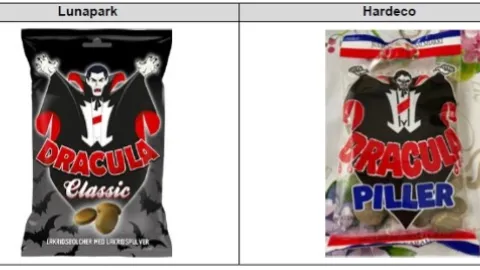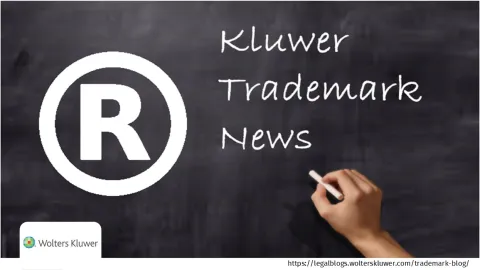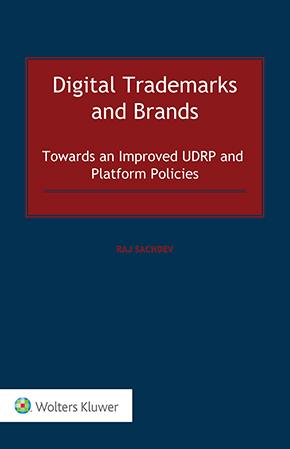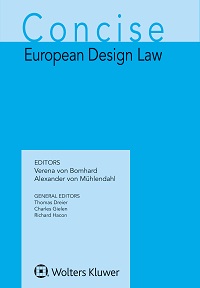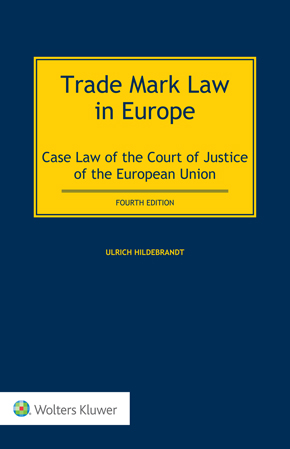A trade mark for the Crown
September 18, 2025
A decision involving several parties, Portobello Road market and the Crown sounds like the start of a bad joke. In a fairly lengthy IPEC judgment, Master Kaye navigated several interlinking issues, providing a word of warning for those that do not adequately organise their trade mark rights.
In short, the claimants (being Ms Courtenay-Smith (C-S) and Notting Hill Bag Company Limited (NHBCL)) alleged that the defendants (being The Notting Hill Shopping Bag Company Limited, Nangialai Takanai, The Notting Hill Shopper Bag. Ltd and Ensanullah Takanai) committed trade mark infringement, passing off and copyright infringement. A comparison is included below between the claimant’s signs and the defendant’s signs:
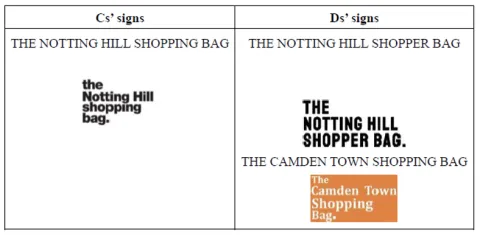
(replicated from the judgment at paragraph 31)
For our purposes, we will focus on trade mark infringement and passing off.
Trade mark infringement
The trade mark right relied upon by NHBCL was a UK trade mark filed in May 2013 of C’s signs for class 18, covering different types of bags (the Mark). The Mark was originally registered by a company wholly owned by C-S, which was later dissolved in 2018, then restored to the register in October 2023. NHBCL claimed standing following purported assignments of the rights in the Mark from the restored company to C-S, then from C-S to NHBCL.
Unfortunately for C-S and NHBCL, on dissolution, the Mark, along with the other assets of the dissolved company, passed bona vacantia to the Crown. These rights remained with the Crown until the restoration of the company to the register.
Eagle eyed readers will spot that the Mark would have required renewal in May 2023, during the time when the Mark belonged to the Crown. A connected party to NHBCL, Mr Canbolat An (the sole director of NHBCL) (CA) applied to renew the Mark in March 2023.
However, this was ruled ineffective. The Crown gave no permission to, and did not itself, renew the Mark. Therefore, the Mark was not validly renewed. Although there was a short window of time after the company was restored to the register (the grace period for renewal of the Mark being until early November 2023) for that company to renew the Mark, it did not do so.
The conclusion is therefore somewhat anti-climatic. NHBCL had no standing to bring a claim for trade mark infringement against the defendants, because there was no trade mark to rely upon (in any event, the court ruled that the Mark was liable to revocation for non-use).
Passing off
To succeed in passing off, the claimant must first establish goodwill. Master Kaye found that:
1. Organic Hill, a connected company owned by CA, did not assign goodwill purportedly accrued by Organic Hill’s use of the logo and the name comprising the Mark. Organic Hill had been continuously trading since 2013 and continued to do so.
2. Any goodwill subsisting in the original company incorporated by C-S was destroyed at the moment of dissolution (notwithstanding that that company was then restored to the register), as there was a positive decision by C-S to abandon the original company. That is not to say that goodwill could not subsist for some time following dissolution, but there must be an intention to resume active trading, which was not the case here.
3. Although NHBCL could establish goodwill during its trading, on the evidence (or, more accurately, lack of evidence), it was unable to show that it had established goodwill in the business relating to its use of the logo and the name comprising the Mark between April 2018 and November 2022 (being the earliest date on which the defendants were found to have sold the allegedly infringing goods).
Key takeaways
Always consider the history of the rights that you are relying upon. If in doubt, consider what actions can be taken to ensure that ownership of rights vests in the correct entity.
In respect of goodwill, remember that goodwill cannot be assigned separate from the underlying business.
You may also like


